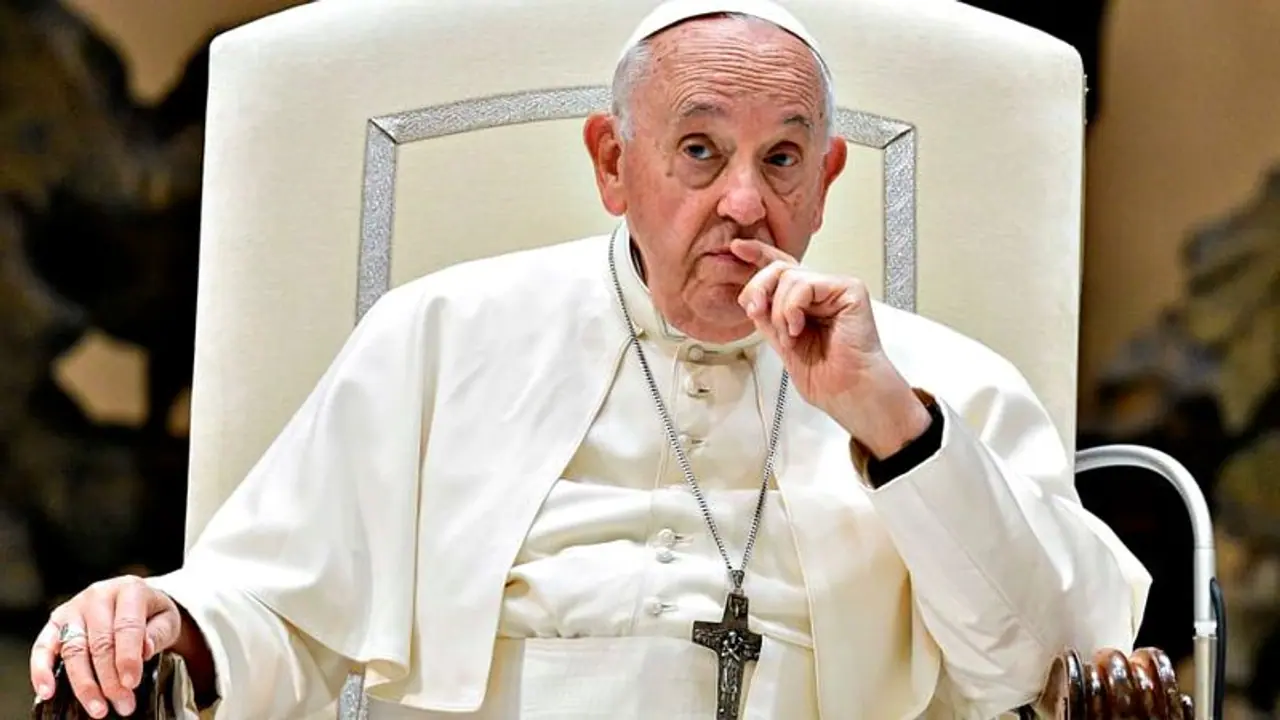This move is seen as a positive step towards recognizing transgender individuals within the Catholic Church, aligning with Pope Francis' efforts to make the Church more welcoming to the LGBTQ community. However, the document remains ambiguous on whether a same-sex couple can arrange a Church baptism for an adopted child.
In a significant development, the Vatican’s doctrinal office, the Dicastery of the Doctrine of the Faith, announced that transgender individuals are eligible to serve as godparents at Roman Catholic baptisms, act as witnesses at religious weddings, and receive baptism themselves. The statement, signed by Pope Francis and Cardinal Victor Manuel Fernandez, specified that a transgender person could receive baptism under the same conditions as other faithful, as long as it doesn't cause scandal or disorientation among other Catholics.

Moreover, the document highlighted that transgender adults, even those who have undergone gender-transition surgery, can serve as godfathers or godmothers under specific conditions. This step reflects a move towards inclusivity in the Catholic Church, as Pope Francis has expressed a desire to make the Church more welcoming to LGBTQ individuals, although traditional doctrines on same-sex marriage and sexual activity remain unchanged.
While the document clarified the stance on transgender individuals, it maintained ambiguity when addressing whether a same-sex couple could arrange a Church baptism for an adopted child or one obtained through a surrogate mother. The National Conference of Catholic bishops in the United States had previously rejected the concept of gender transition.
The announcement is seen as a positive step forward in recognizing transgender individuals within the Church and acknowledging their role as active members of the Catholic community.
Father James Martin, a prominent Jesuit priest and advocate for LGBT rights, hailed it as an important move towards acknowledging transgender people as Catholics and welcomed the inclusivity demonstrated by the Church. However, the document's response regarding the role of persons in same-sex relationships in the baptism process remains less clear, leaving room for further discussion and interpretation.
